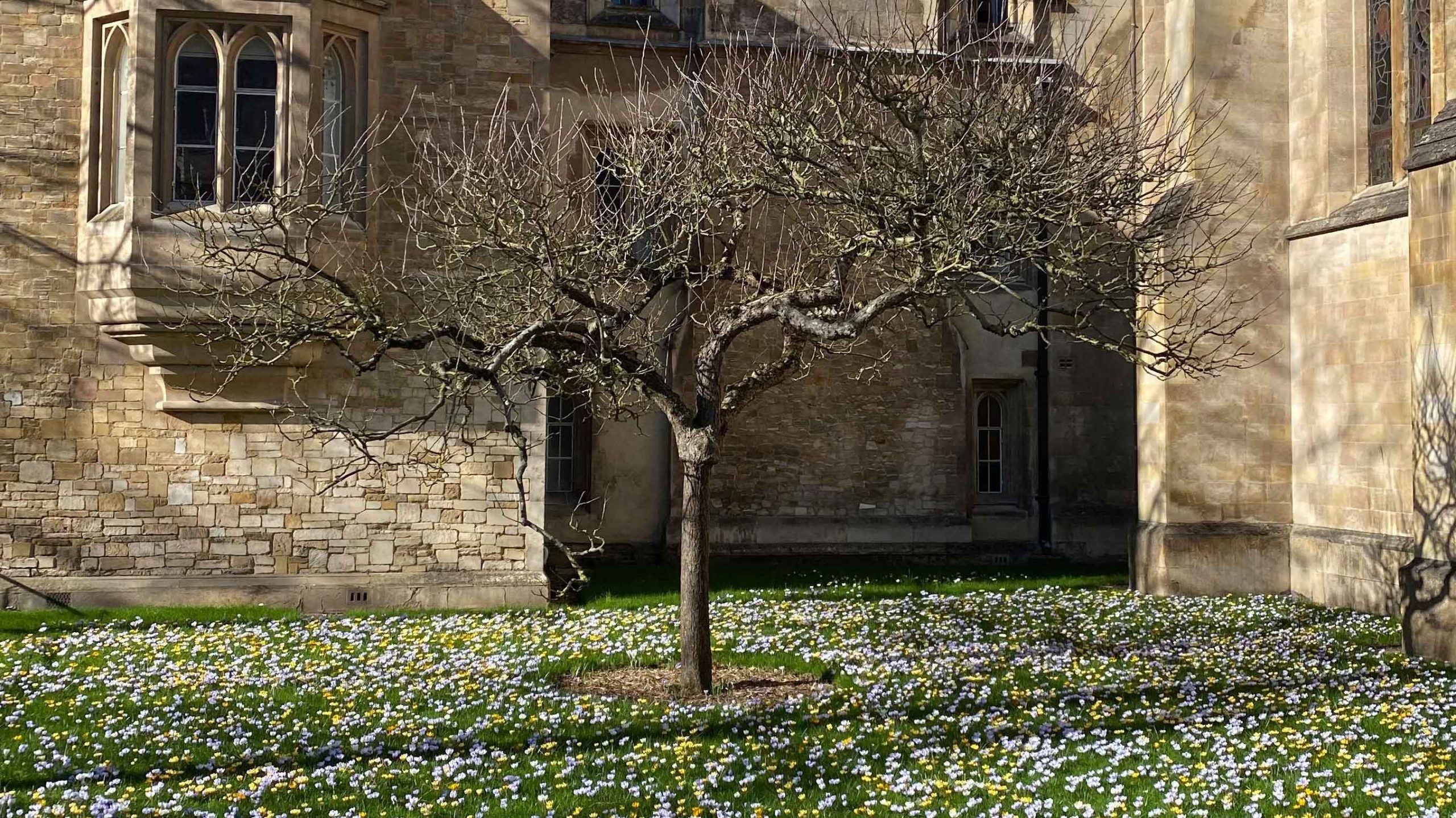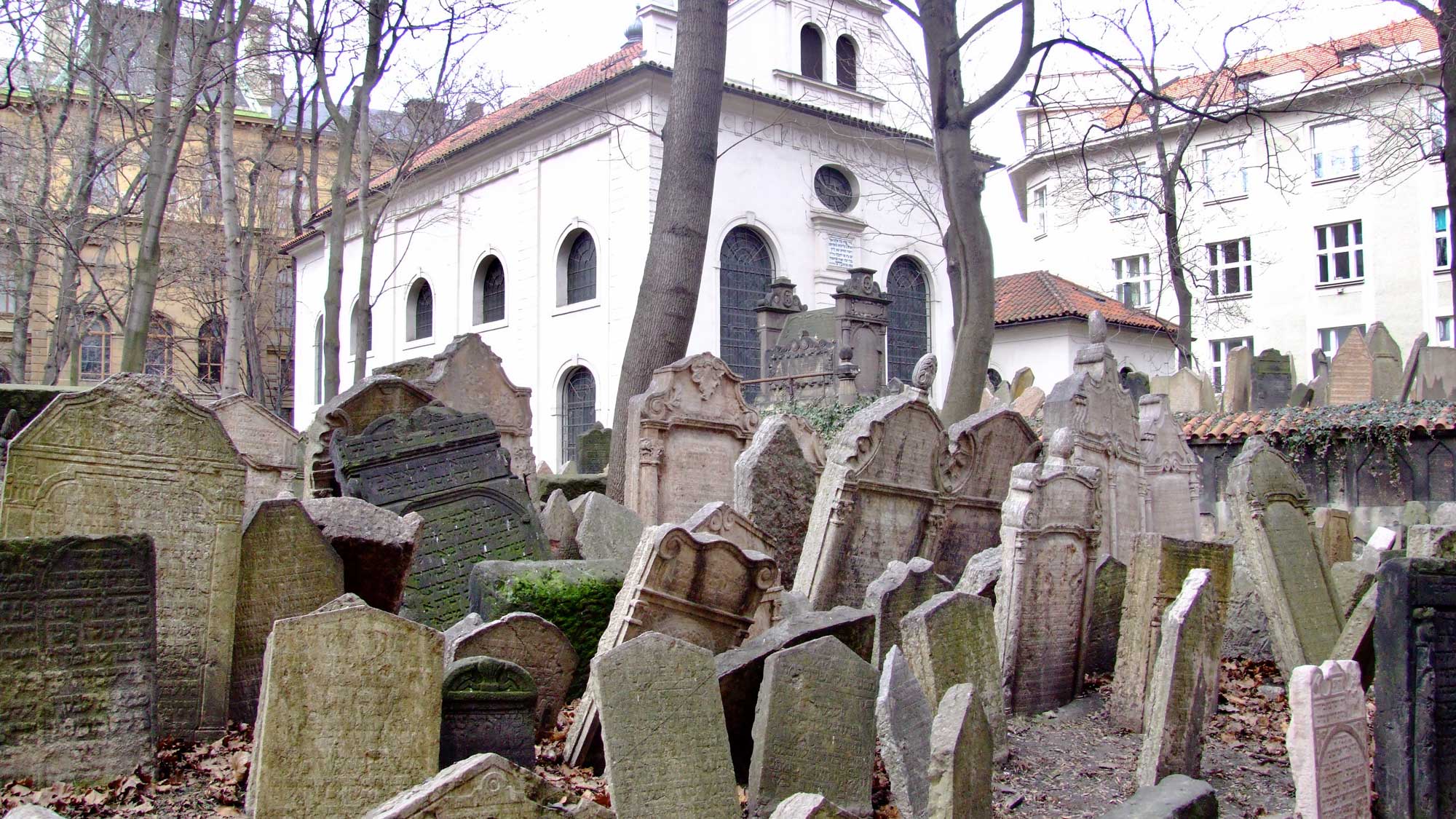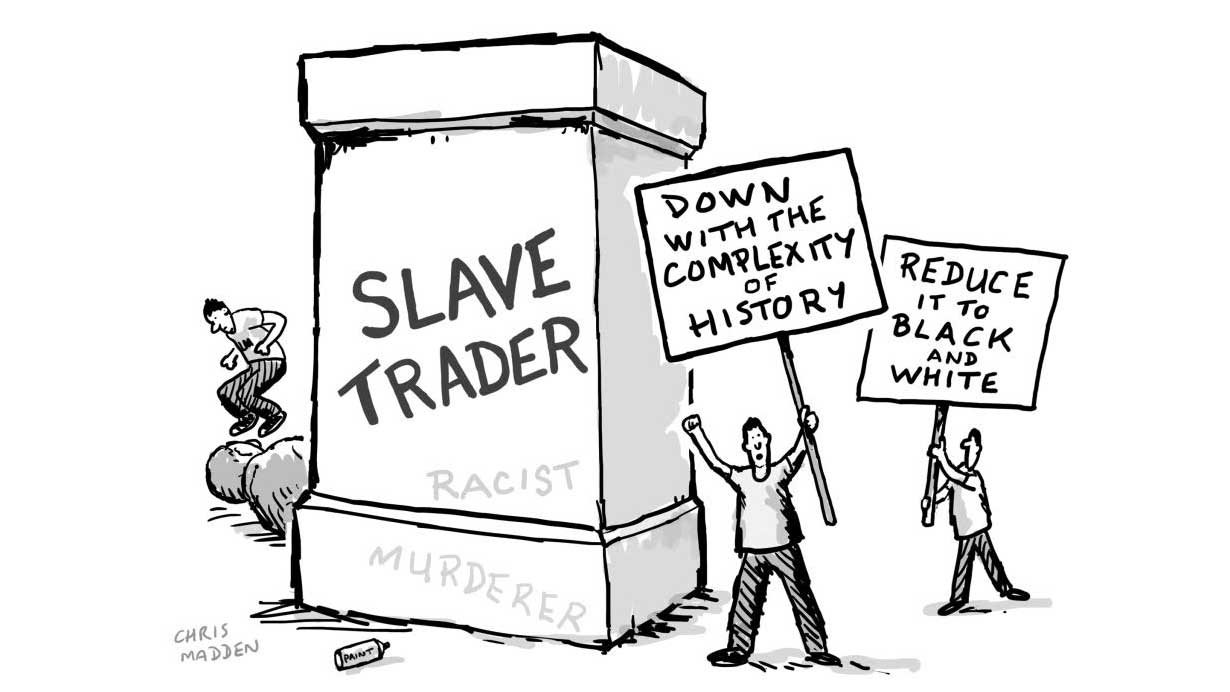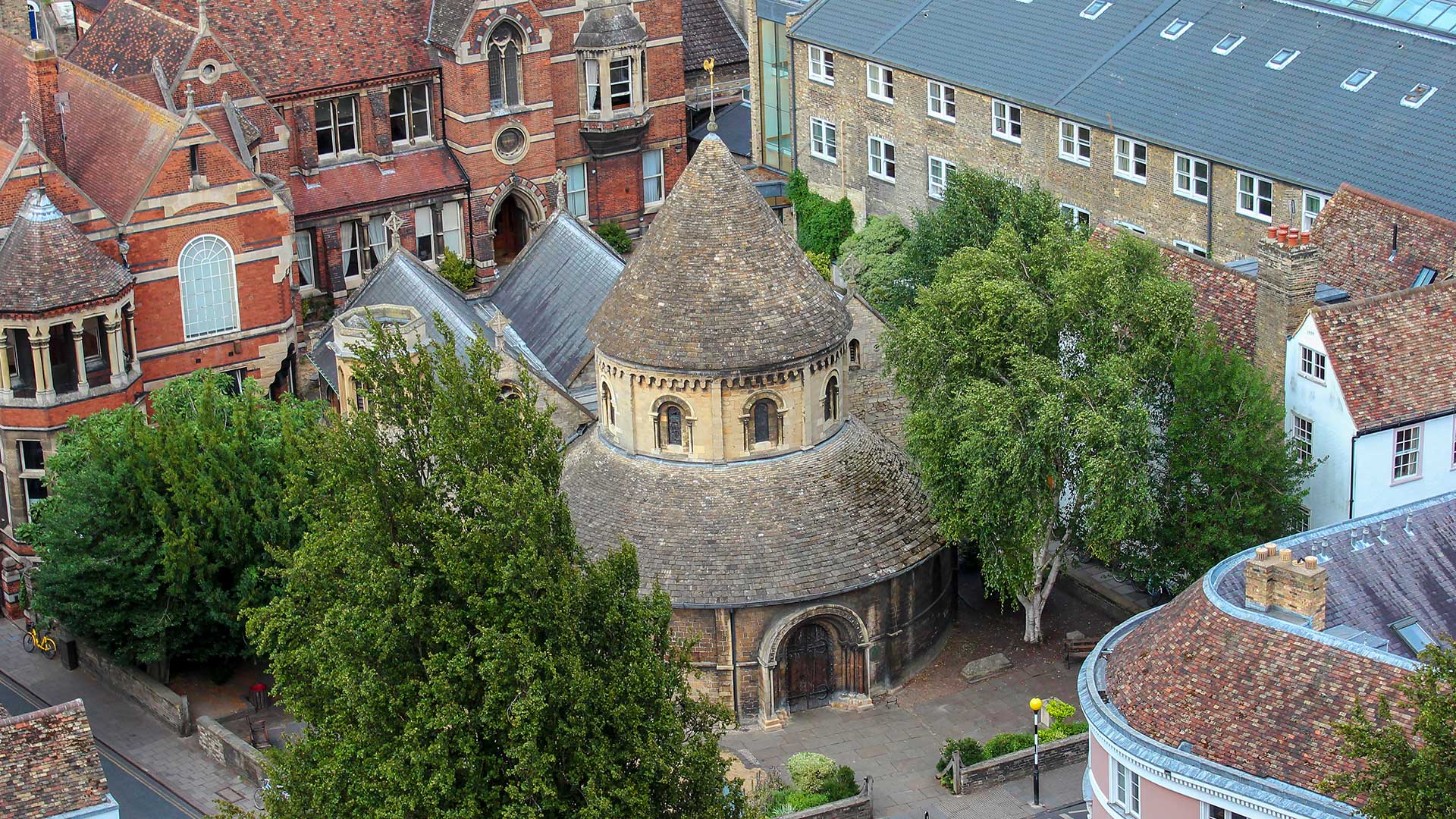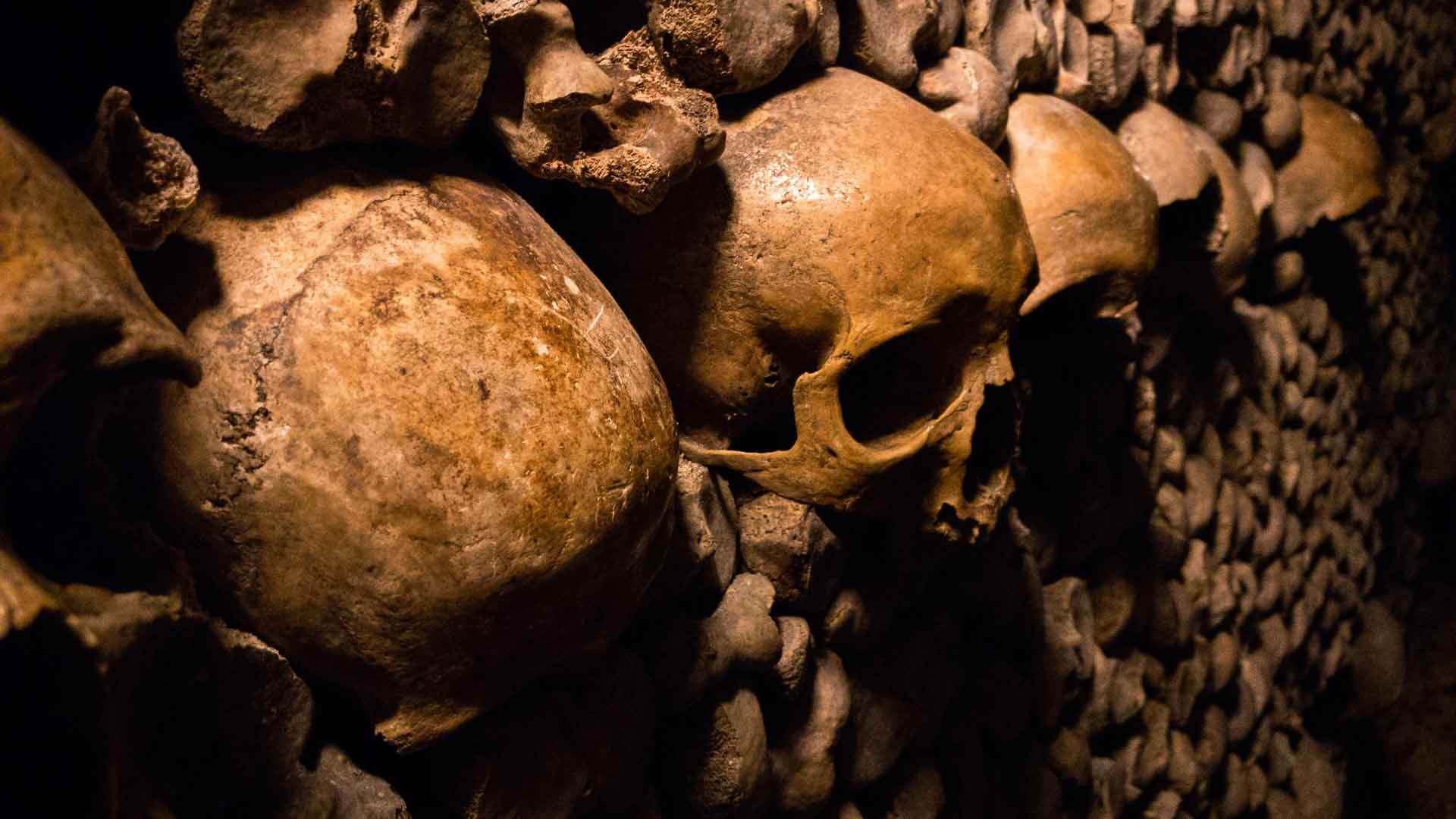It’s All About Easter
Kevin Moss is Director of Operations at Christian Heritage and a PhD candidate in intellectual history. According to Oliver Wiseman, The Critic’s US Editor (‘Out of this world?’, March 2021), 66% of Americans believe that there is life on other planets, 57% believe there is intelligent life on other planets, and just under 50% believe that UFOs exist and have visited the earth. This tells us a great deal about how beliefs are now formed in a postmodern world. Firstly, one is reminded of G. K. Chesterton’s famous quotation: ‘When men choose not to believe in God, they do not thereafter believe in nothing, they then become capable of believing in anything.’ Our culture supplies an apparently inexhaustible stream of examples of what happens when we dispense with the only external objective benchmark of human identity or morality, and morph overnight into a generation of selfie-obsessed narcissists without the faintest clue as to what we actually are. Secondly, the presumption in favour of the inevitability of life on other planets is palpable evidence of the way in which evolutionary theory has become the vehicle for advancing the unscientific philosophy of Naturalism. Despite everything that is now known, quantifiably, about the vanishingly minute probability...


